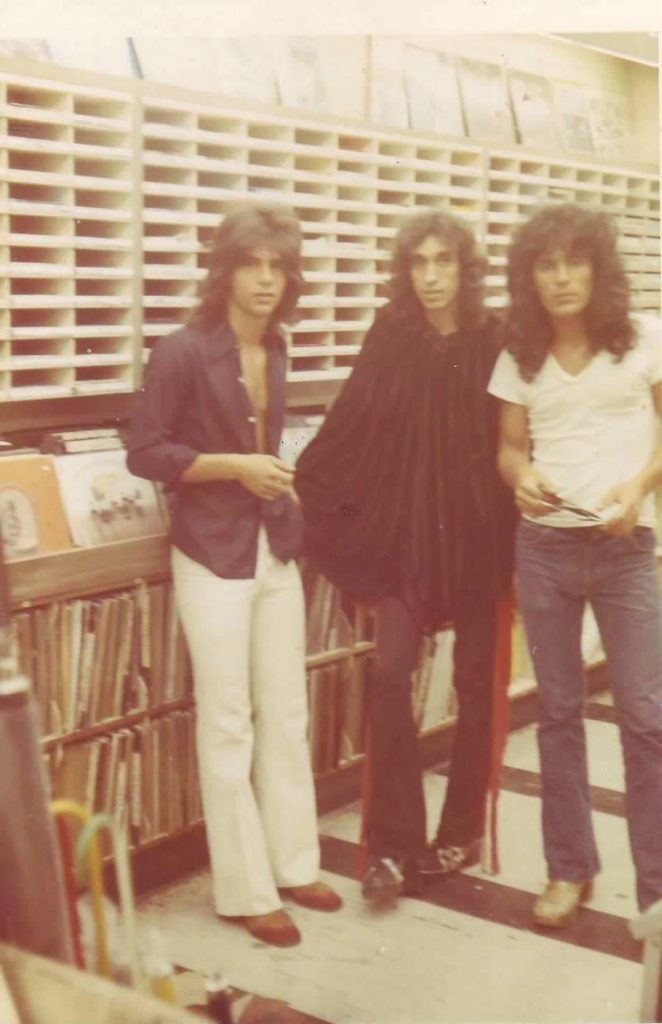
Our kingdom
I am become victim
For your beautiful smile,
The flirtation of lightning eyes.
Many emotions erupting in the mind
Unbearable impatience
No awareness of the world around me
Sweet feeling in the heart
The feeling of flying in the sky
Your presence is hope.
The sweetness of your voice.
I’m lost, don’t search for me anywhere
I will find you.
Accept me, my life is become delicious.
In our own kingdom,
You are the queen
I am the king
Nobody in our state.
SHEKARA T B. Thathanahally Basavaraju Shekara
I was born on 04.02.1981 in Hassan District, Karnataka State, India. I graduated from Mysore University and did post-graduate work in Kannada literature and earned a MA from KSOU Mysore. I’ve been interviewed on many radio programs in AIR Hassan in graduation level, many poems of mine are published in many books, and some poems are published in local and international newspapers. I believe in equality among human beings, freedom of expression, and peace and fraternity in the world.
I write poems and stories in Kannada and English that are published in international literary journals and the Global Nation of Bangladesh, The Primelore, Bangladesh. I’m published in Poetry Tribune Rumenia, Atunis Galaxy Poetry, Literary Barcelona Magazine Egift, Obra Maestra Canada, IACL, Humayun Editorials Monthly Journal of Poetry and outlets on social media.
As a writer, I want to give a voice to marginalized classes of our society, to people of different cultures, religions, and languages. I believe that people are all similar underneath our differences. This strong belief provoked me to write.





